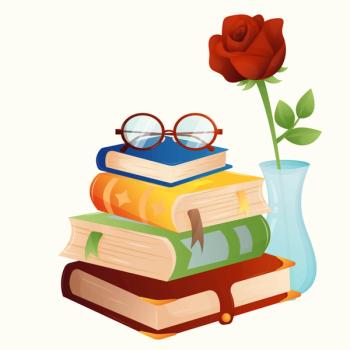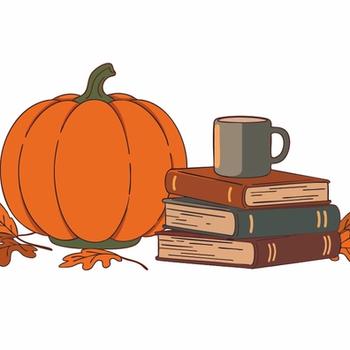
- Psychiatric Times Vol 25 No 4
- Volume 25
- Issue 4
The Healing Muse: A Journal of Literary and Visual Arts
Psychiatrists more than any other medical specialists would benefit from regular doses of poetry, art, and fiction.
Edited by Deirdre Neilen
Syracuse: Center for Bioethics and Humanities,
State University of New York Upstate Medical University,
Vol. 7, No. 1, Fall 2007
$28.00 for 3-year subscription; • .00 for current issue
Reviews of psychiatric textbooks, clinical manuals, and even self-help books for patients and families are regular features of Psychiatric Times, but it is uncommon to see a review of a journal and even rarer of a publication that focuses on the humanities.
As I argued in a recent column called
The Fall 2007 issue that I appraised opens with an interview with famed internist-author Rafael Campo discussing the dual callings of medicine and writing reminiscent of the work and words of William Carlos Williams. The pages that follow present a feast of drawings, photographs, short and long poems, short stories, and essays representing the work of medical students, nurses, laypersons, patients, physicians from a variety of disciplines, professors, artists of multiple mediums, nurses, social workers, journalists, public health workers, and educators. Several pieces deal with specifically psychiatric motifs, such as an adult daughter's remembrance of anguished visits to her seriously mentally ill mother in an asylum called "The Story of My Life"; a poem titled "Locked Ward"; a narrative of a family's struggle with a father's posttraumatic stress disorder called "Abandoned, Abandoner"; and a provocative essay on the negative effects of antipsychotic medication poignantly named "My Brother's Life: No Double Blind Study." My only criticism of the journal is that the writing is somewhat uneven; extraordinary pieces will be juxtaposed with quite mediocre ones, which at times creates mild cognitive dissonance for the reader.
The Healing Muse is not a publication that one reads through compulsively at the office or underlines methodically in the study. Rather, it is a work one keeps on the nightstand to savor a few pages each evening as contemplative food for the soul. The importance of these literary and visual creations for the enrichment of the inner life of the psychiatric physician is eloquently articulated in the Editor's Note that is the foreword to the volume: "In pictures and words, our artists and writers perform the ancient art of healing by telling the story of how we live, and how we die, how we love and how we hate, and how we discover our purpose and our power through such incantation and imagination. Language and art transform the individual experience into the universal."
Articles in this issue
almost 16 years ago
DSM5: Pandora Replies to Dr Francesalmost 18 years ago
Sleep Disorders in the Elderlyalmost 18 years ago
Intimate Partner Violence Among Women With Severe Mental Illnessalmost 18 years ago
Accountable but Not Responsiblealmost 18 years ago
Task Force Proposes New Bipolar Guidelinesalmost 18 years ago
Study Faults Selective Publication of Antidepressant Trialsalmost 18 years ago
New Findings in Early-Onset Schizophreniaalmost 18 years ago
Adult Experiences, Genetic Activity, and Maturationalmost 18 years ago
Psychiatric Testimony and the Insanity Defensealmost 18 years ago
Mental Health Services for Survivors of Mass ViolenceNewsletter
Receive trusted psychiatric news, expert analysis, and clinical insights — subscribe today to support your practice and your patients.







